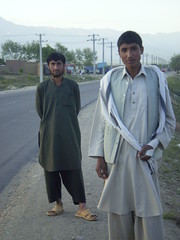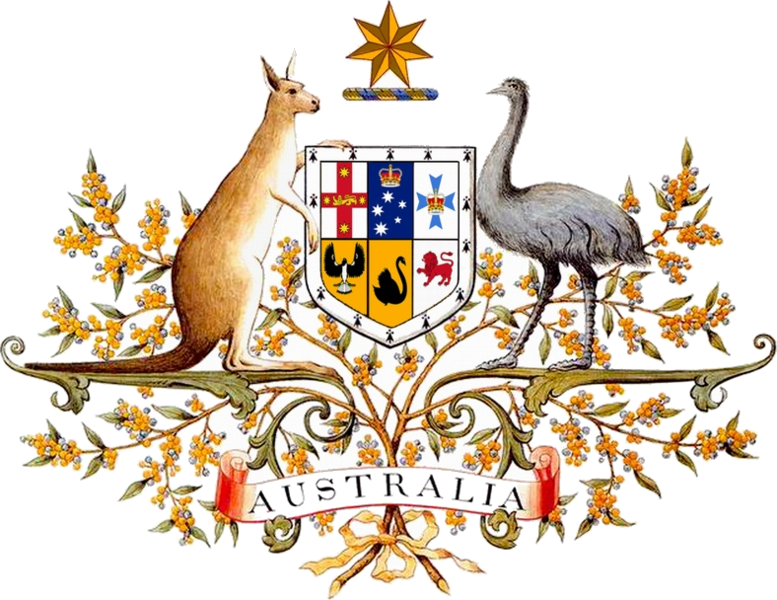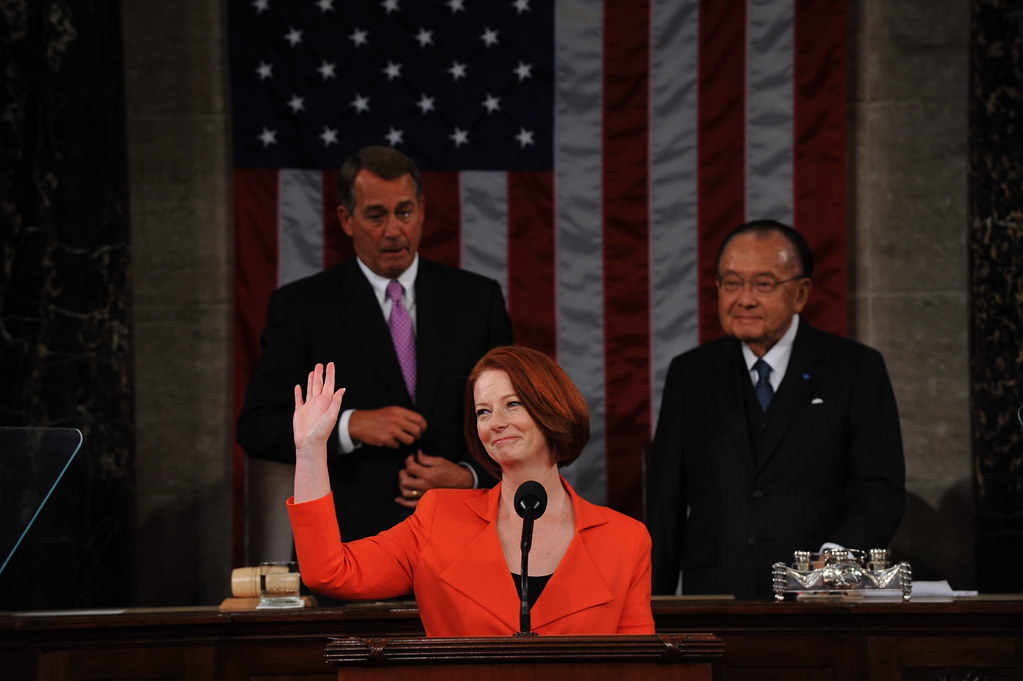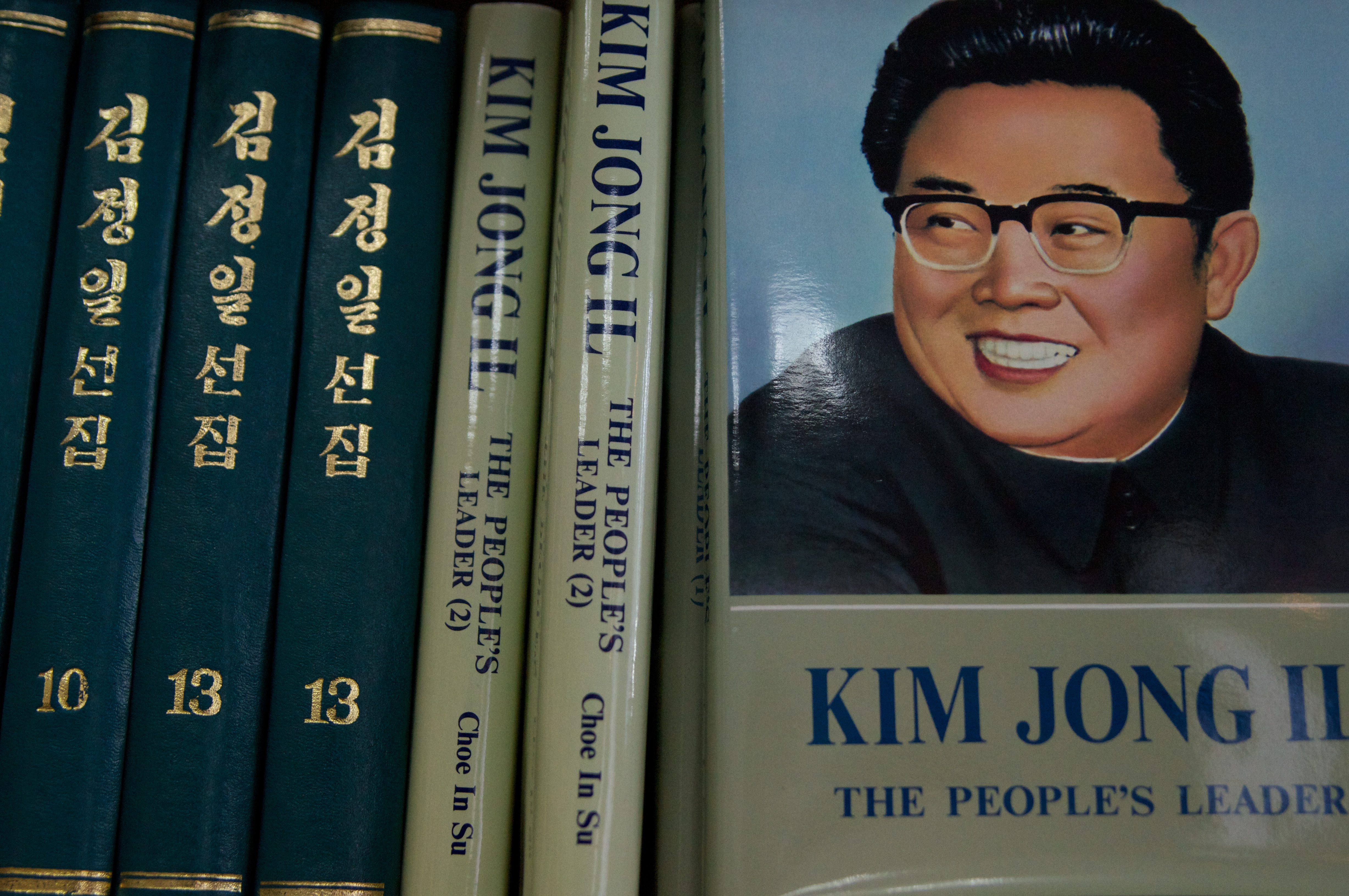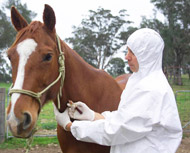26 August 2011 marks the tenth anniversary of the beginning of what became known as the ‘Tampa incident’ where 433 asylum seekers were rescued from an Indonesian fishing boat by a Norwegian container ship—the MV Tampa. Australian authorities spotted the fishing boat during a routine surveillance flight and broadcast a call to ships in the area to render assistance even though the boat was within the Indonesian search and rescue zone. A five day standoff ensued between the Howard Government and the captain of the Tampa over where the rescued passengers were to be taken.
In a
speech in Parliament on 29 August 2001, the Prime Minister made the Government’s position very clear:
It remains our very strong determination not to allow this vessel or its occupants, save and excepting humanitarian circumstances clearly demonstrated, to land in Australia, and we will take whatever action is needed—within the law, of course—to prevent that occurring.
The Opposition offered the Government its
support for this position. However, this support did not extend to supporting legislation to enshrine the domestic legal basis for actions taken in relation to foreign ships within Australia’s territorial waters. The Bill was introduced, and passed in the House Of Representatives, on the same day that the Tampa entered Australian waters, but was rejected by the Senate the following day. Kim Beazley later
complained that the Opposition had been ‘wedged’ and its reputation damaged over the issue.
The impasse was resolved when Australia reached an agreement with Nauru and New Zealand to take all of the people aboard the vessel for initial processing. The Tampa incident is outlined in detail in the final
report of the Select Committee on A Certain Maritime Incident.
The Tampa incident has been characterised as the catalyst for the introduction of a new border protection policy in Australia that came to be known as the ‘Pacific Solution’. Under this policy 1637 asylum seekers, including most of those those rescued by the Tampa, were sent to Offshore Processing Centres in Nauru and Manus Island in Papua New Guinea.
What became of these people?
One hundred and fifty of the Tampa asylum seekers went straight to New Zealand for processing, and the remainder were sent to Nauru where the Office of the United Nations High Commissioner for Refugees (UNHCR) agreed to conduct refugee status determinations for them. According to the
report on A Certain Maritime Incident processing claims began in late 2001 with the majority of decisions being handed down by June 2002. However, not all Tampa cases were resolved so quickly; in August 2004,
three years after the incident, 22 Tampa asylum seekers remained on Nauru. By January 2005 these cases had been resolved and no asylum seekers from the Tampa remained on Nauru.
In January 2005, the UNHCR produced a media backgrounder,
UNHCR Nauru case load Tampa, outlining the outcomes for the 424 Afghan, 3 Pakistani and 6 Sri Lankan asylum seekers from the Tampa. By January 2005, 186 of the Tampa caseload had returned to their country of origin, 1 had died on Nauru and the remainder (246) had been resettled, mostly in New Zealand. All 3 Pakistanis voluntarily returned; 4 out of the 6 Sri Lankans voluntarily returned, and 2 were resettled in Sweden. Of the 424 Afghans, 179 voluntarily returned following negative refugee status determinations, 1 died on Nauru, 208 went to New Zealand, 29 to Australia, 5 to Sweden and 2 to Norway.
Between 2001 and September 2003 a total of
1544 asylum seekers were accommodated under the Pacific Solution, with a peak population of 1515 in February 2002. By September 2003 there were only 335 remaining on Nauru (although there were later transfers of asylum seekers from Christmas Island in 2006 and 2007).
When the Rudd Government dismantled the Pacific Solution in February 2008, a
ministerial press release noted that a total of 1637 people had been detained in the Nauru and Manus facilities. Seventy per cent were resettled to Australia or other countries. Of those, around 61 per cent (705 people) were resettled in Australia.
The conditions on Nauru and Manus Island attracted criticism, including from refugee advocates, journalists and Parliamentarians. The
report of the inquiry into A Certain Maritime Incident outlined many of these concerns and noted that the Nauru site initially lacked water, sanitation or electricity with asylum seekers housed under harsh conditions. Evidence to the Select Committee suggested that the facilities on Manus were a slight improvement on those in Nauru; however, several asylum seekers contracted malaria.
Several witnesses to the Committee expressed concern about the lack of independent scrutiny, difficulty in obtaining access to the facilities, and an apparent lack of legal advice for detainees. Australian Lawyers for Human Rights told the Committee that when they sought to send a team of lawyers to Nauru to provide legal advice to asylum seekers the Nauruan Government refused them visas. The
report also included comments by the UNHCR expressing concern that people who had been found to be refugees on Nauru and Manus were left in limbo while resettlement options were sought.
In 2007, a report by A Just Australia,
A price too high: the cost of Australia’s approach to asylum seekers, outlined numerous concerns relating to the Pacific Solution, including the mental health impacts on asylum seekers, including serious psychological damage, people engaging in hunger strikes, and self-harm. The report also argued that the Pacific Solution was a costly and highly inefficient exercise and estimated the total cost was at least $1 billion.
Ten years on from Tampa, asylum seekers are again a major political issue in Australia. In the lead up to the 2010 election campaign Prime Minister Gillard
announced plans to establish a regional processing centre for asylum seekers in East Timor. In the end no such centre eventuated, but negotiations with other countries to establish offshore processing have proved more successful. Just three years after the Pacific Solution was formally ended the Gillard Government is planning to reopen the facility on Manus Island, but so far has rejected
calls by the Opposition to reopen the centre on Nauru. Instead, the Government has signed
an agreement with Malaysia under which up to 800 asylum seekers who arrive in Australia by boat will be transferred there for processing. Ten years on from Tampa, processing of asylum seekers outside of Australia is once more the preferred solution to the ‘problem’ of boat arrivals.
Authored with Janet Phillips










